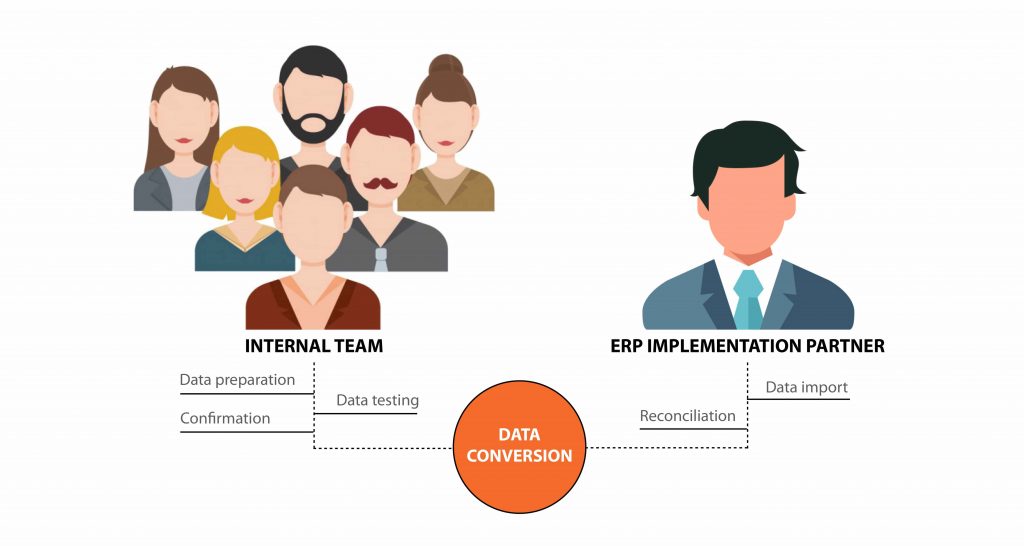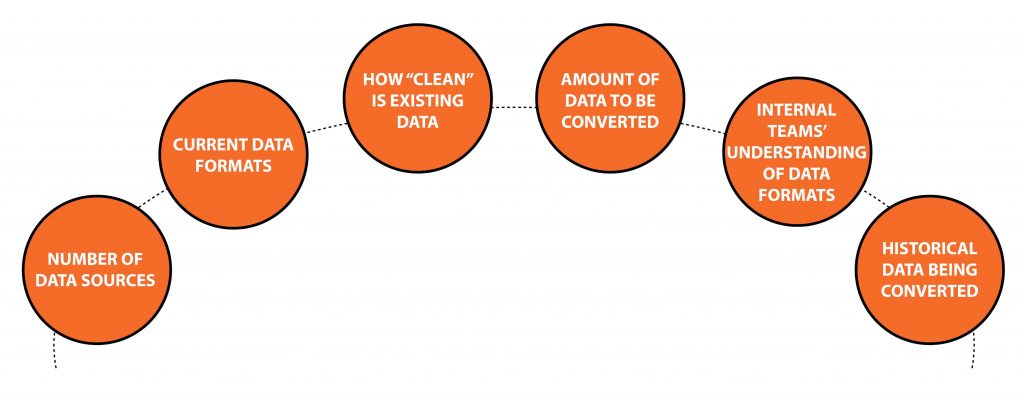This article explores project governance and the role your Board and executive team can play in guiding an ERP implementation.
Running a complex, mid-sized business in this day and age is difficult without integrated, digital business systems. The question business leaders now face is not so much whether they need an Enterprise Resource Planning (ERP) solution, but which one and when will they implement it?
Savvy business leaders know digital transformation is inevitable to remain competitive in a world driven by technology. It is often Board Directors, business owners and senior executives that initiate an investment in new approaches and modern business management solutions.
But overcoming choice paralysis and committing to becoming a digital business is only the first step towards achieving gains in performance and revenue. It takes expertise, time and energy to implement and embed new systems into your organisation in ways that will be sustainable.
So, what is the role of senior leaders in the governance of ERP solution implementation projects to ensure their long-term success?
ERP solution projects are strategic and will require strategic guidance
Transforming business-wide systems, and the processes that sit behind them, has long-term implications. It requires careful consideration and should be driven from the top, possibly guided by a strategic plan or digital business strategy.
While the work of completing tasks, liaising with implementation partners, coordinating training and internal communication is best left with the project manager and internal champions/sponsors—without genuine and visible support from the very top, the adoption of enterprise software is more likely to fail.
As well as backing the project management team, in many cases board directors and executives will provide formal project governance.
Taking accountability for how implementing a new ERP solution will enable the vision and go-to-market strategies of your organisation clearly fall under the remit of senior leadership.
When the Governance Institute of Australia surveyed almost 500 governance leaders about risk in 2019, it revealed leaders were most concerned about regulatory and legislative change, reputation damage, increased competition, finding talented people, and cybercrime.
A poor ERP software implementation can cause havoc: hampering your ability to remain compliant, secure, productive and responsive to customer’s needs, which in turn reduces your competitiveness and tarnishes your brand.
What is project governance and what’s needed to do it well?
Project governance is the layer above project management. It should be limited to high-level input about performance, risk, and issues that influence the success of a project—not day-to-day milestones.
Clearly defined roles and lines of reporting are important aspects of good project governance, to ensure that decision-makers know the boundaries, understand their obligations, and get useful information but aren’t bogged down in detail.
Digital strategy consultant Dr Malcolm Thatcher believes governance lies at the heart of IT investment failures. He said steering committees often don’t make the best use of member’s time and expertise.
He said, “Ideally the committee should spend 90% of their time on the project risks and issues, determining how the committee can assist the project team and provide them with clear direction.”
Why do some project governance groups lose focus and become ineffective? “A lack of focus by project steering committees is often matched by a lack of organisational focus on digital investment benefits and outcomes,” Thatcher argues.
It raises a key point. You won’t realise the full benefits of a new ERP solution unless your senior leaders know and embrace the role technology will play in enhancing your business and empowering your team.
Introducing a modern ERP solution—whether you’re stepping up from basic software or replacing legacy systems—can improve internal processes, make data more useable, streamline workflows and reveal deeper insights. It provides a means to do these things: if your whole business adapts with those objectives in mind.
Do you need help planning for a digital transformation? Leverage Technologies is a leading ERP solutions consultancy with hundreds of successful implementations to our name. Start a conversation today.















